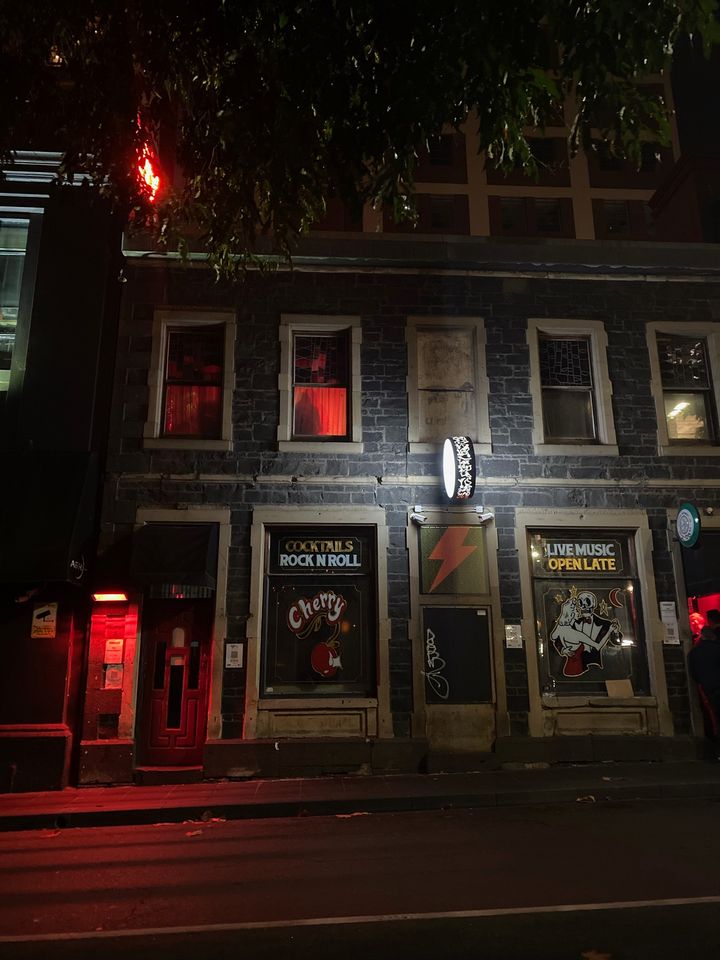Live sector applauds Victoria’s insurance scheme and $20m restart package for summer

Pictured: NYE On The Hill festival
The national and Victorian live sector has responded positively – but cautiously – to the State Government’s new insurance scheme for promoters and a $20 million restart package.
It comes as the state’s roadmap sees a return to 100% capacity on November 24, and music venues get set to relaunch with week-long celebrations.
Minister for creative industries, Danny Pearson, outlined the Live Music Restart package over the weekend.
“Victoria is Australia’s music heartland and we’re making sure the industry can return stronger than ever and people can enjoy a summer of gigs and festivals,” he said.
Venues get $8 million to recruit and train new staff and invest in COVID-Safe infrastructure.
Another $8 million goes to music festivals for recovery, while $4 million is for gigs in CBD and inner-city laneways, public spaces and venues.
Many executives that TMN spoke to were waiting for greater detail before commenting on how their sector would be affected.
But the event interruption insurance scheme – for “festivals, business conferences and sporting and community events” – was hailed for allowing promoters and venues to plan and stage future events.
It’s seemingly a different model from WA’s Getting the Show Back On The Road fund from August 2021 which gives 75% of projected total gross box office, capped at $150,000, and the Tasmanian Government’s December 2020’s $2 million Live Performance Support Program where it shares risk of potential lost ticket sales.
The 12-month Victorian scheme, subsidised by the Government and delivered by the Victorian Managed Insurance Authority (VMIA), will insure up to $230 million of events against cancellation due to public health measures, or where events have reduced capacity due to restrictions.
Live Performance Australia’s chief executive, Evelyn Richardson, said the live entertainment industry had been calling for Federal and State Governments to establish a national insurance scheme since last year, and congratulated the Victorian Government on doing so.
“Without the ability to insure against cancellation or business interruption, appetite for risk is low given the financial losses incurred since March last year,” she commented.
“While we are again reactivating our theatres in NSW and Victoria, in our live music sector, major events have been pushed into late 2022 and early 2023.
“We have been shut down for 22 months and continued lockdowns and border restrictions have severely dented consumer and industry confidence.”
The Australian Festival Association (AFA) managing director, Julia Robinson, welcomed the package, pointing out that only a handful of Victoria’s 150 music festivals have managed to get their gates open since the pandemic.
“The inability to insure against COVID-related cancellations and restrictions has been a huge barrier to festivals getting back to business,” Robinson said.
“Health measures such as restrictions on gatherings and lockdowns, while necessary, often come with little or no notice making it difficult when festivals are months and years in the making.
“Access to a product that allows organisers the certainty to balance risk and safety with commercial reality would address this market failure, and it’s needed across the country.”
A package like this, she added, “indicates the Victorian festival industry is valued for its contribution to the creative economy as well as the role festivals will play in the social recovery of this state”.
For Paris Martine of lobby group Save Our Scene (SOS), the insurance scheme at the very least protects the sector from loss of out-of-pocket costs and guarantees support which will see workers and suppliers paid if tickets are refunded.
“It is not clear whether the scheme will be extended and useful to small events and venues as yet. We hope this will be the case,” she added.

Melbourne’s Cherry Bar
James Young, the City of Melbourne’s chairman of the night (AKA Night Mayor), agreed, saying that in months of reschedules and cancellations, “confidence and hope took the biggest hammering”.
Most Melbourne music venue owners, he related to TMN, “have put a line through 2021 and looking at March 2022 onwards”.
“So for the Government to say they’ve got your back is surprising but very welcoming to a lot of nervous promoters.”
The three venues that Young owns and operates – Cherry Bar in the CBD, Westwood Hotel in Footscray and Yah Yah’s in Fitzroy – have since March 2020 been closed or operating at 27%.
He estimated that the three have lost income of $10 million as a result.
Young thought the insurance scheme should be also extended to landlords.
“Because venues are the first to be locked up and last to be set free, I’m worried it’s safer for a landlord to opt for a takeaway or office tenant.
“I’m campaigning for City of Melbourne to incentivise music venues as tenants – give them rates concessions and guarantee their rent.”
As for future-proofing indoor venues, SOS’s Martine accepted that “providing funds to service and upgrade exhaust fans, add air purification and renovate to aid airflow are all ways that will help future proof venues”.
“Some leeway in dealing with sound amenity, should also be on the cards as venues need to open areas to let air in,” she warned.
“Letting air in also lets sound out, governments at all levels need to support venues in achieving public safety.”
LPA’s Richardson pointed out that with NSW and Victoria comprising 60% of national business (the industry lost $1.4 billion in revenue in 2020) it is imperative for NSW to also “step up and establish a mirror or similar scheme before the end of the year to provide greater investment confidence”.
“We also call on the Commonwealth Government to step up and co-contribute to state-based insurance schemes to enable broadening of the scheme.”
Minister Pearson said at Restart’s launch: “This package will help our music industry get up and running quickly, giving venues the confidence to throw open their doors and get people back to work on stage and behind the scenes.”






























